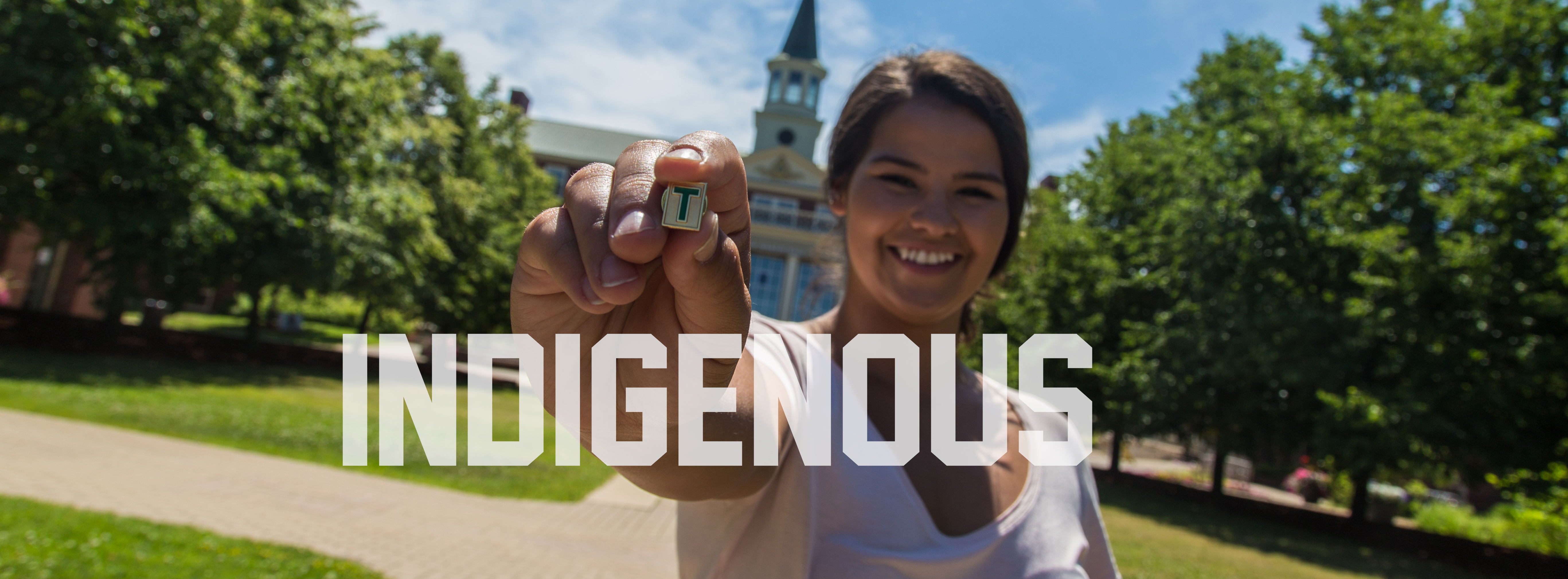Jeremy Dutcher On-Campus Performance and Talk
In partnership with Fredericton’s Shivering Songs Festival, St. Thomas University hosted performer, composer, activist, musicologist, and 2018 Polaris Music Prize recipient Jeremy Dutcher on campus for a free, live performance in the Kinsella Auditorium.
-5181x2611.jpg)
Jeremy Dutcher
Performer, composer, activist, musicologist these roles are all infused into his art and way of life. His music, too, transcends boundaries: unapologetically playful in its incorporation of classical influences, full of reverence for the traditional songs of his home, and teeming with the urgency of modern-day struggles of resistance.
A member of Tobique First Nation in New Brunswick, Dutcher first did music studies in Halifax before taking a chance to work in the archives at the Canadian Museum of History, painstakingly transcribing Wolastoq songs from 1907 wax cylinders.
“Many of the songs I'd never heard before, because our musical tradition on the East Coast was suppressed by the Canadian Government’s Indian Act,” Dutcher said.
He heard ancestral voices singing forgotten songs and stories that had been taken from the Wolastoqiyik generations ago.
As he listened to each recording, he felt his own musical impulses stirring from deep within. Long days at the archives turned into long nights at the piano, feeling out melodies and phrases, deep in dialogue with the voices of his ancestors. These “collaborative” compositions, collected together on his debut LP Wolastoqiyik Lintuwakonawa, are like nothing you’ve ever heard. Delicate, sublime vocal melodies ring out atop piano lines that cascade through a vibrant range of emotions. The anguish and joy of the past erupt fervently into the present through Jeremy’s bold approach to composition and raw, affective performances enhanced by his outstanding tenor techniques.
“I'm doing this work because there's only about a hundred Wolastoqey speakers left,” he said. “It's crucial for us to make sure that we're using our language and passing it on to the next generation. If you lose the language, you're not just losing words; you're losing an entire way of seeing and experiencing the world from a distinctly indigenous perspective.”
